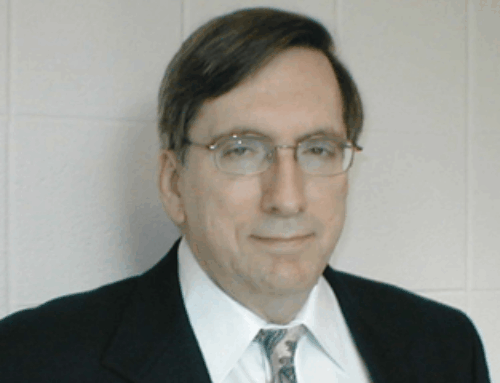WESTCHESTER, Ill. — Driving a vehicle requires coordination of horizontal eye movements and steering. A research abstract that will be presented Monday at SLEEP 2007, the 21st Annual Meeting of the Associated Professional Sleep Societies (APSS), finds that even a single night of sleep deprivation can impact a person’s ability to coordinate eye movements with steering.
The study, authored by Mark Chattington of Manchester Metropolitan University, focused on six participants, who drove a winding route on a driving simulator. On the first day, they drove for one hour starting at 5 p.m. The subjects were kept awake the following night, and on day two, drove again at 5 p.m. for up to two-and-a-half hours. Their eye movements were monitored using a dashboard mounted eye tracker, and steering wheel movement was monitored through a precision potentiometer attached to the steering column.
The results showed that, in all drivers, sleep deprivation adversely affected their ability to coordinate eye movements when steering. There were instances of both acute and chronic reductions in the degree of coordination and in the time lead of eye movements over steering.
“The analysis of eye-steering coordination may provide a useful method of detecting when a driver is in danger of losing control of a vehicle due to fatigue, before the driver actually falls asleep,” said Chattington.
The amount of sleep a person gets affects his or her physical health, emotional well-being, mental abilities, productivity and performance. Recent studies associate lack of sleep with serious health problems such as an increased risk of depression, obesity, cardiovascular disease and diabetes.
Experts recommend that adults get between seven and eight hours of sleep each night to maintain good health and optimum performance.
Persons who think they might be suffering from a sleep disorder are encouraged to consult with their primary care physician, who will refer them to a sleep specialist.
The annual SLEEP meeting brings together an international body of 5,000 leading researchers and clinicians in the field of sleep medicine to present and discuss new findings and medical developments related to sleep and sleep disorders.
More than 1,000 research abstracts will be presented at the SLEEP meeting, a joint venture of the American Academy of Sleep Medicine and the Sleep Research Society. The four-day scientific meeting will bring to light new findings that enhance the understanding of the processes of sleep and aid the diagnosis and treatment of sleep disorders such as insomnia, narcolepsy and sleep apnea.
CONTACT:
Jim Arcuri
(708) 492-0930, ext. 9317
# # #




